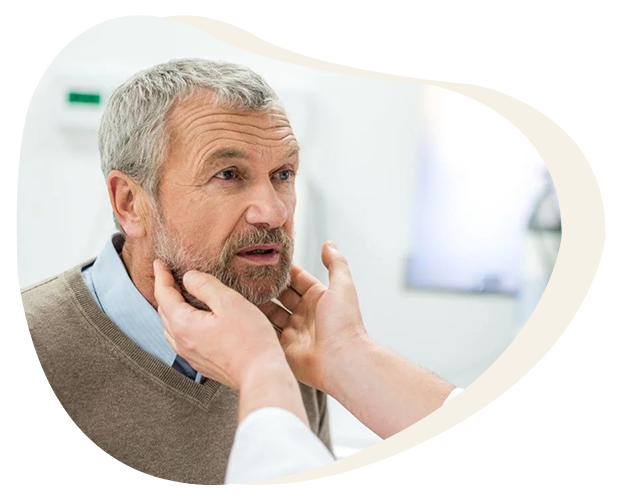Salivary Gland Surgery
What is Salivary Gland Surgery?
Salivary gland surgery is a medical discipline that encompasses surgical interventions performed to treat various pathological conditions in the salivary glands. These surgical interventions include removal of stones in the salivary glands, removal of benign or malignant tumors, removal of obstructions and sometimes partial or complete removal of the salivary glands. Such surgical interventions are usually performed by otolaryngologists or head and neck surgeons and are planned depending on the patient’s symptoms and the type of pathology. Salivary gland surgery is performed to restore the health of the salivary system or to solve health problems associated with the salivary glands.

Suitable Candidates for Salivary Gland Surgery
Suitable candidates for salivary gland surgery are usually individuals who experience severe symptoms due to obvious pathological conditions or blockages in the salivary glands. These symptoms may include pain, swelling, decreased saliva production or blood in the saliva. Conditions that require surgical intervention include stones, tumors, inflammation or blockages in the salivary gland. In addition, salivary gland surgery is often considered when conservative treatments are unresponsive or inappropriate. Before deciding on surgery, an otolaryngologist or head and neck surgeon evaluates the patient’s health history, symptoms and pathology in the salivary glands to determine appropriate candidacy.
Contact Us!
Salivary Gland Surgery Recovery Process
The recovery process after salivary gland surgery varies depending on the type of surgical intervention, the overall health of the patient and the specific condition of the salivary glands. In the post-surgical period, patients are usually monitored in the hospital for several days and pain management, swelling control and wound healing are an important focus. Fluid intake, adherence to specific dietary recommendations and rest support the healing process. Regular use of medication prescribed by the doctor is also important. The healing process is usually completed within a few weeks, but full recovery may vary depending on the patient’s general health and the complexity of the surgical intervention. Post-surgical follow-up visits are important for the doctor to assess the patient’s recovery and to detect any potential complications early. Regular communication with their doctor supports a healthy recovery process.

